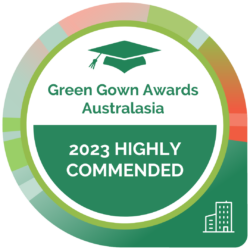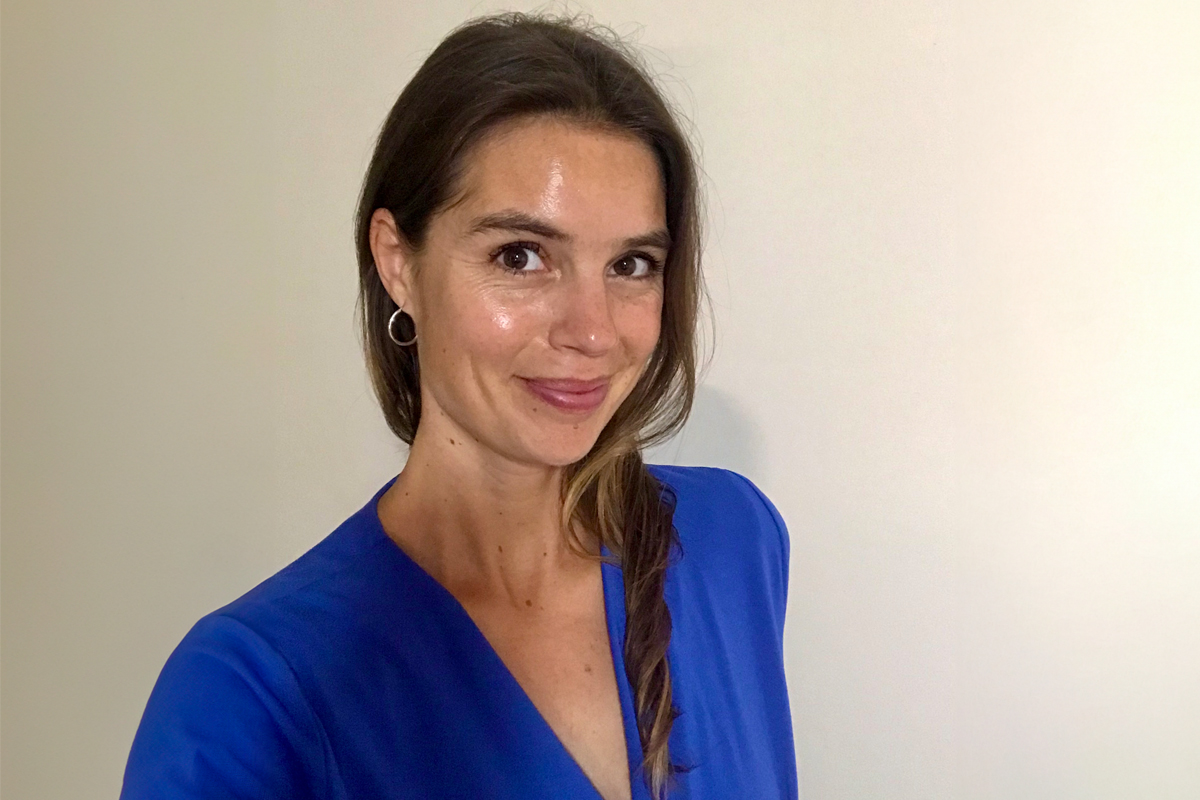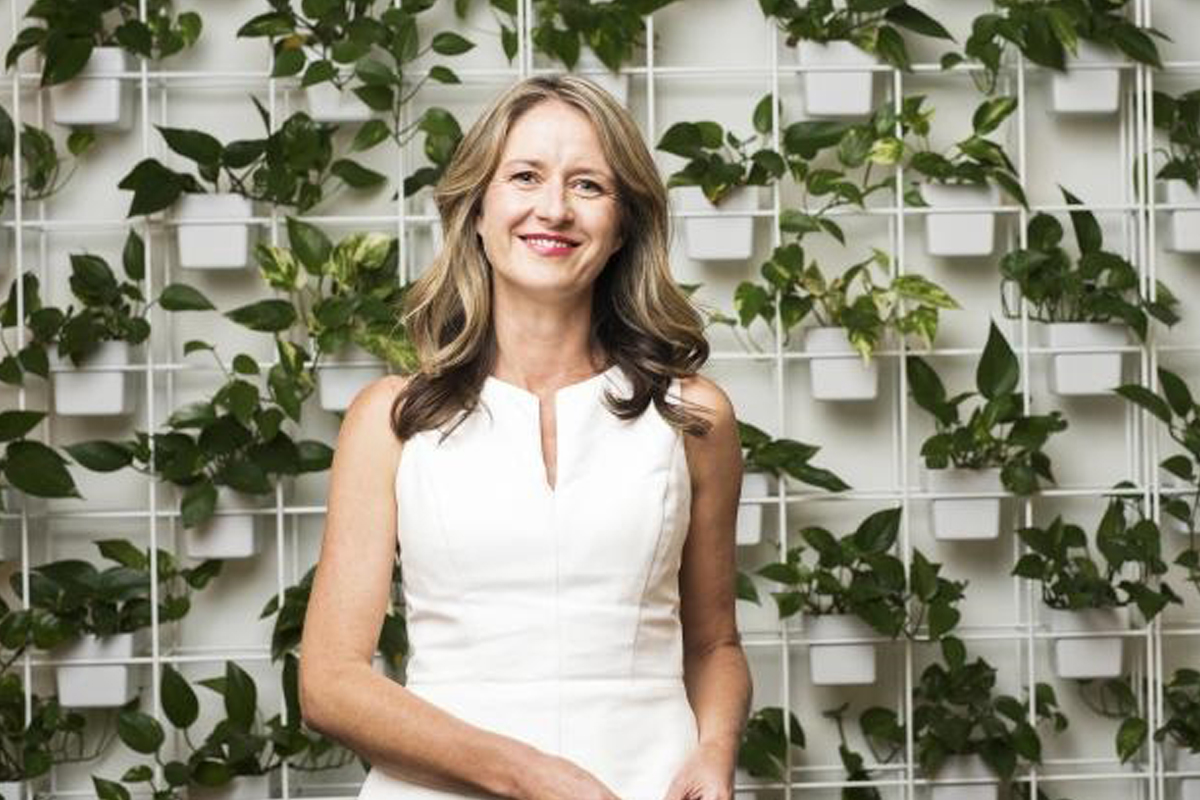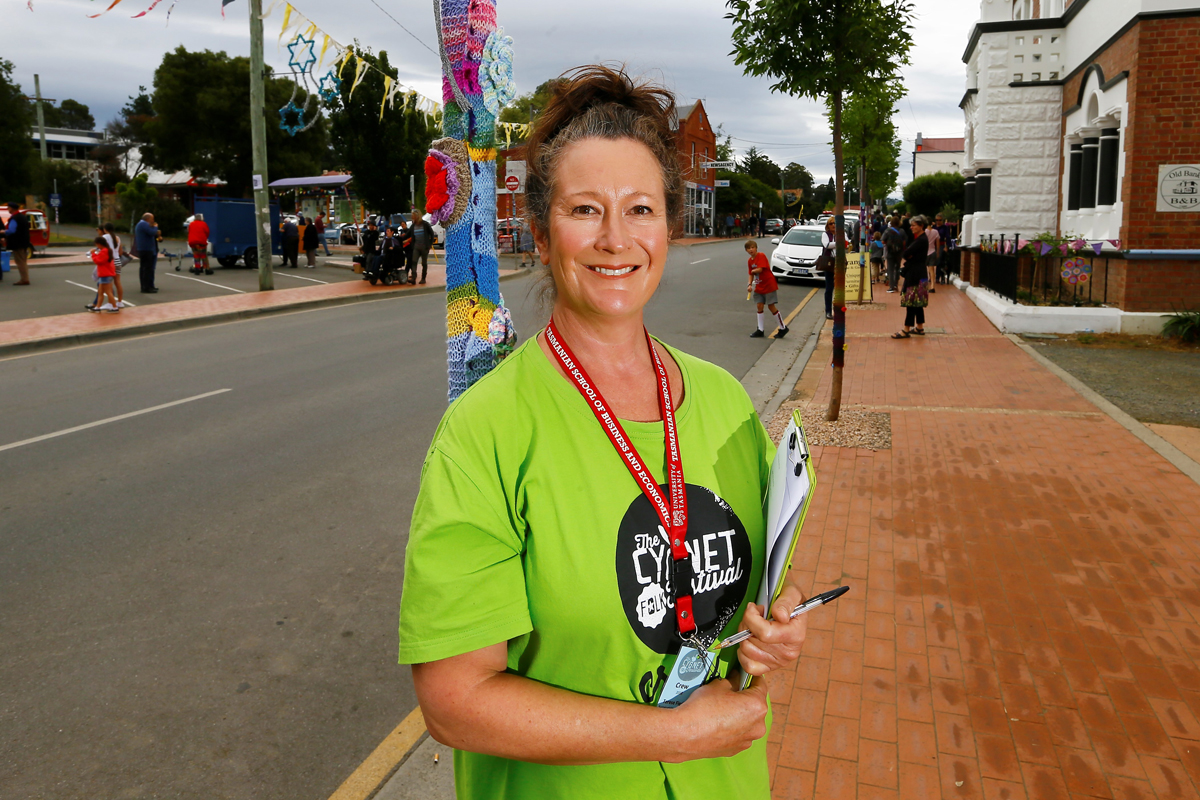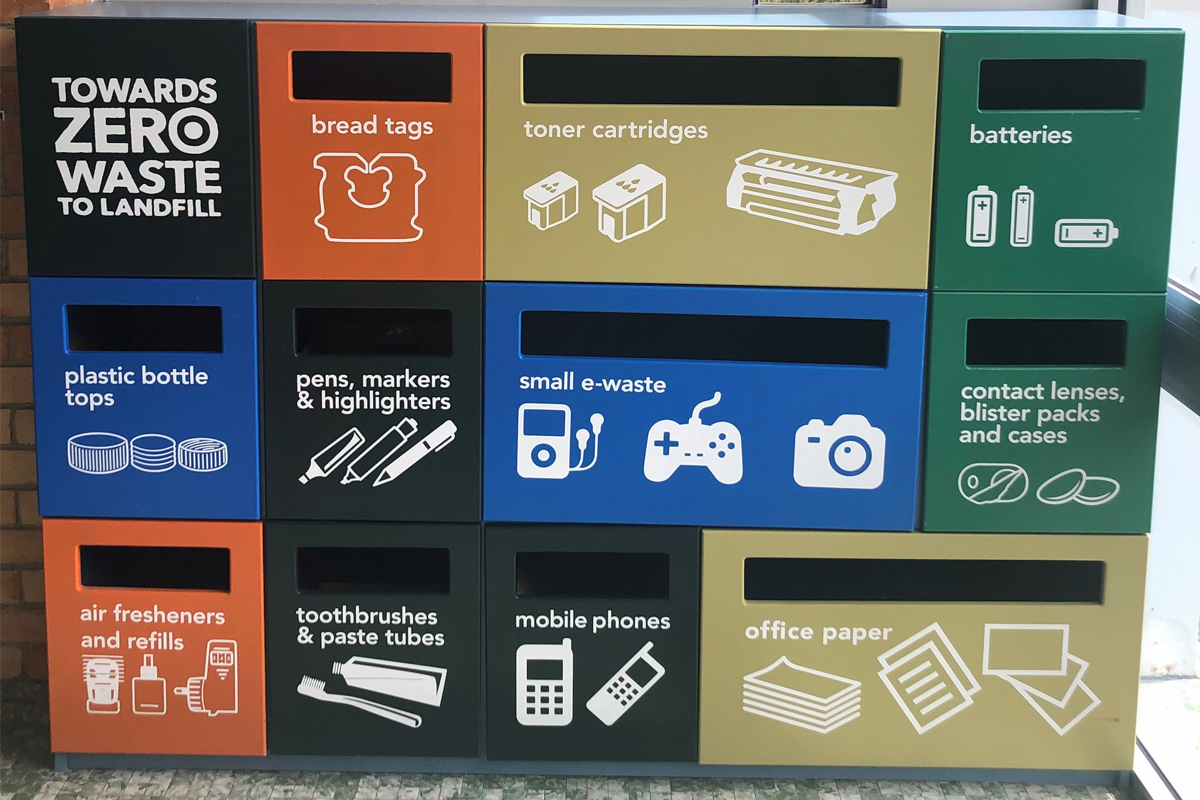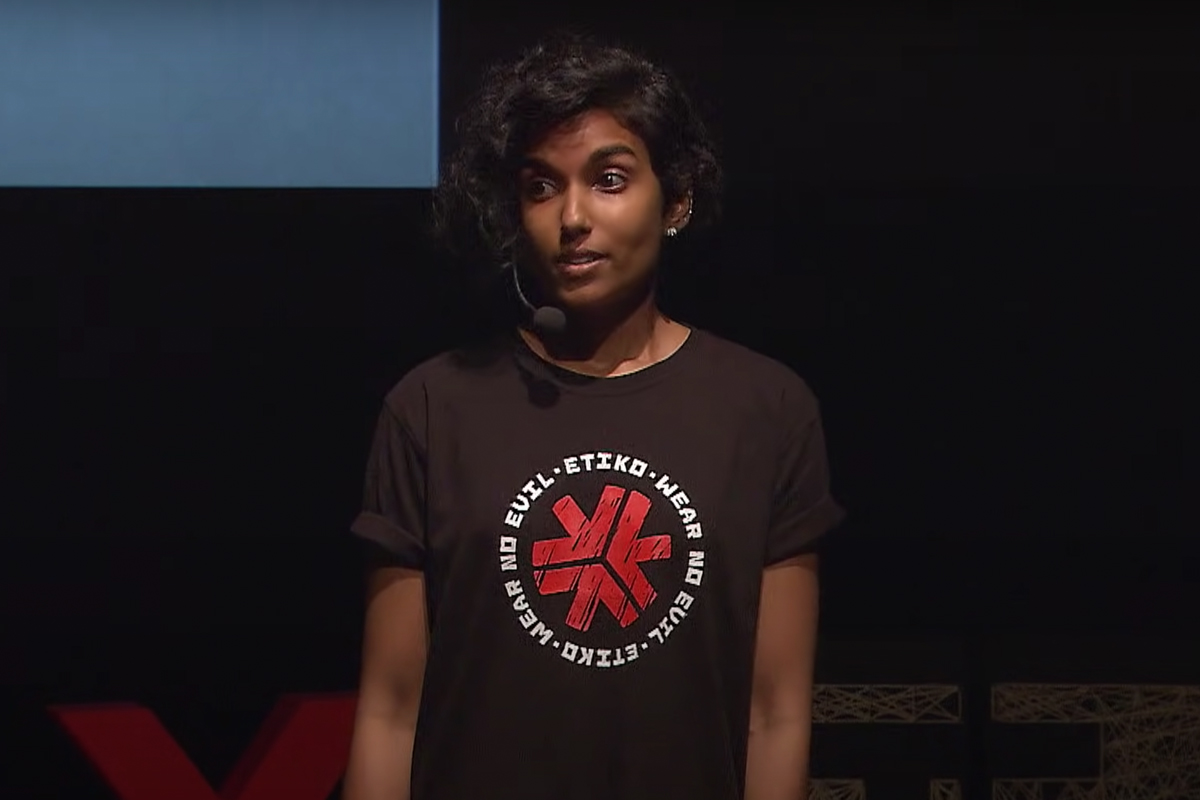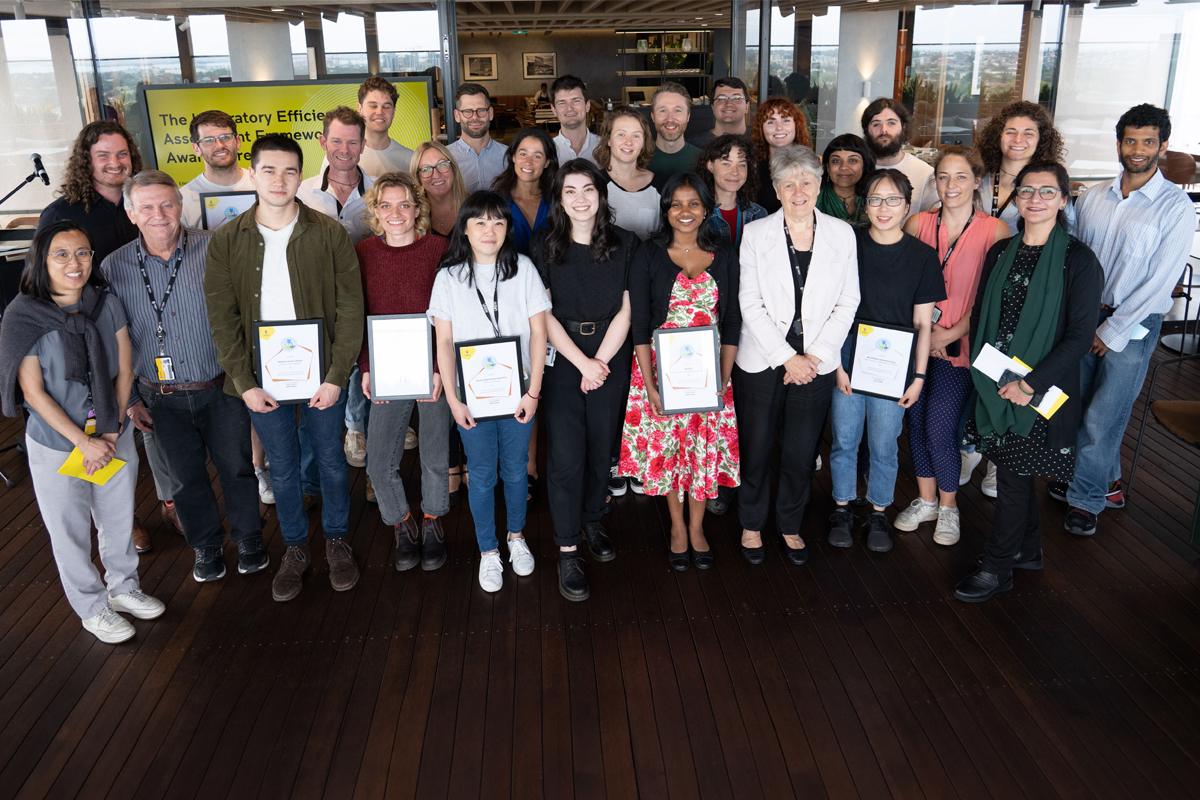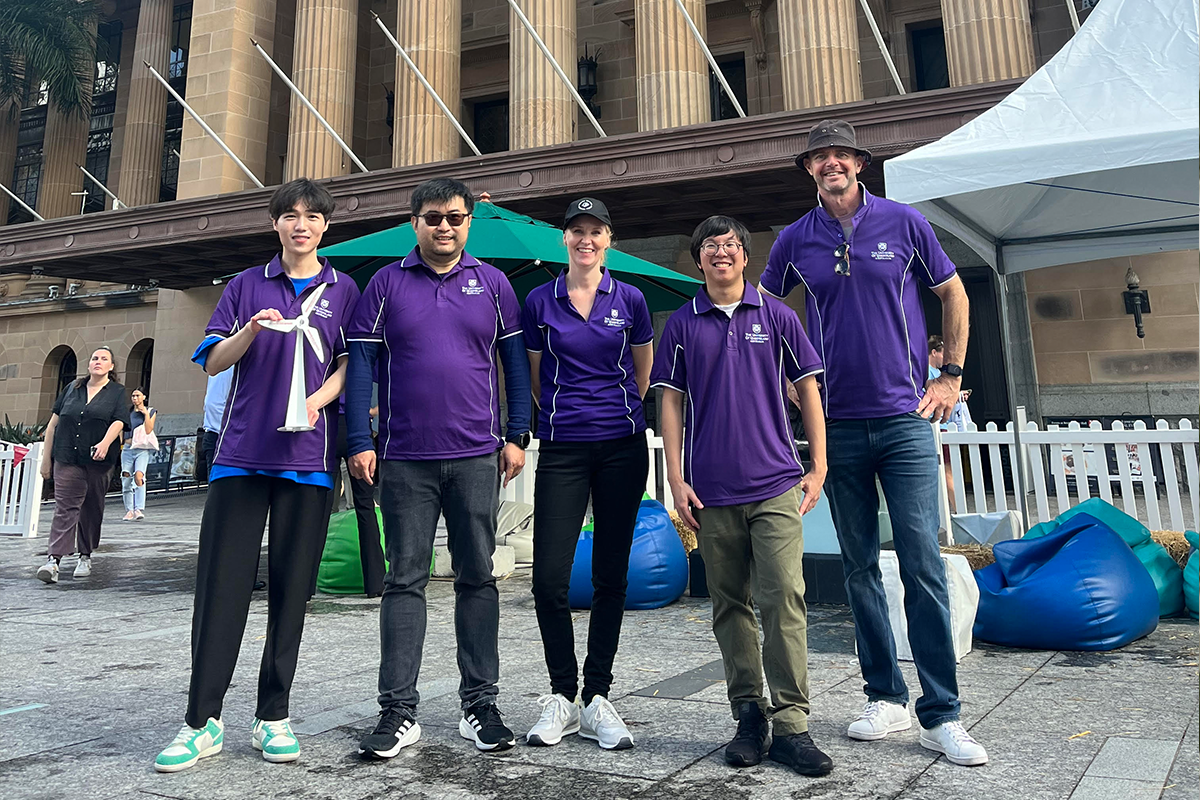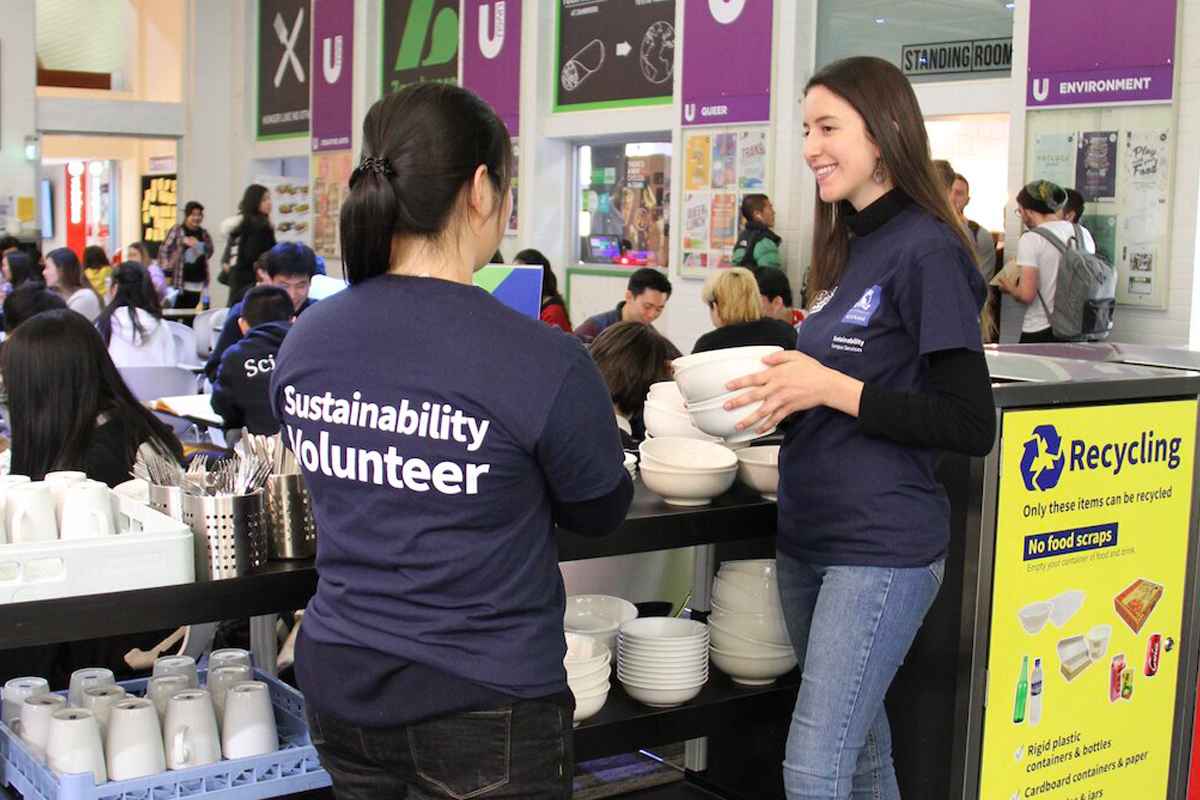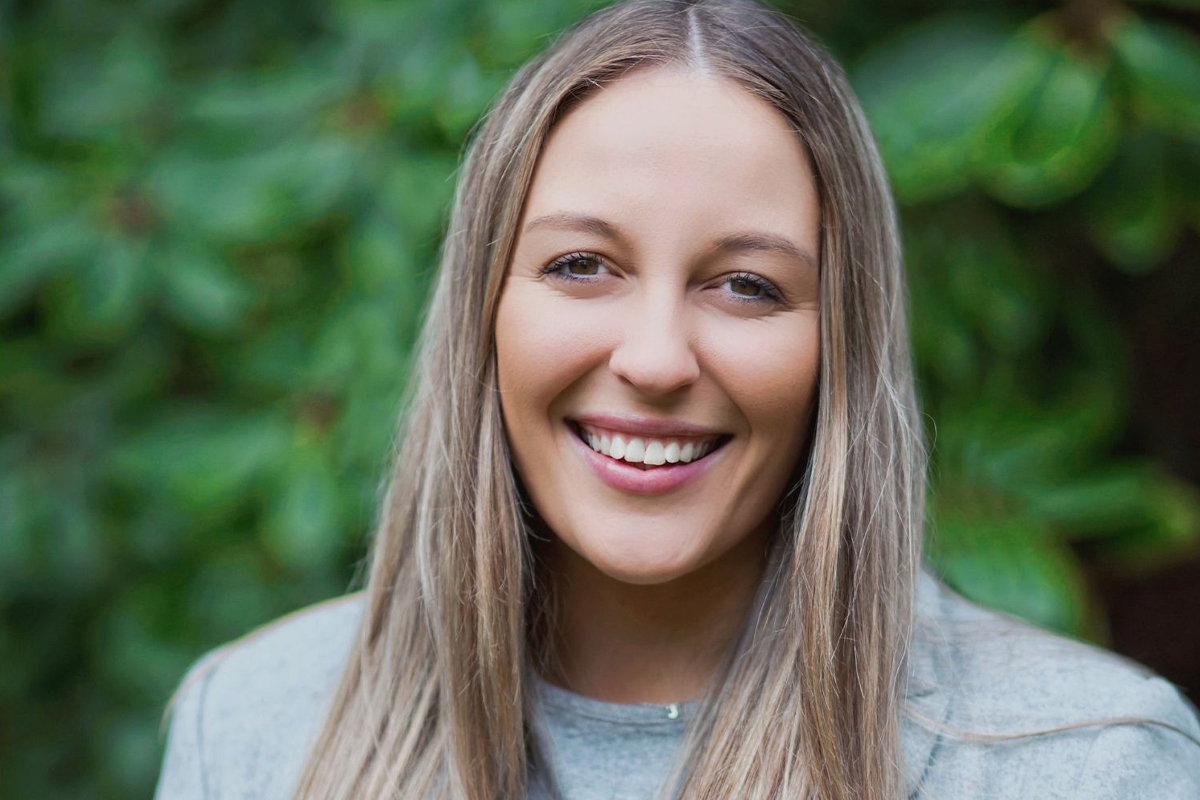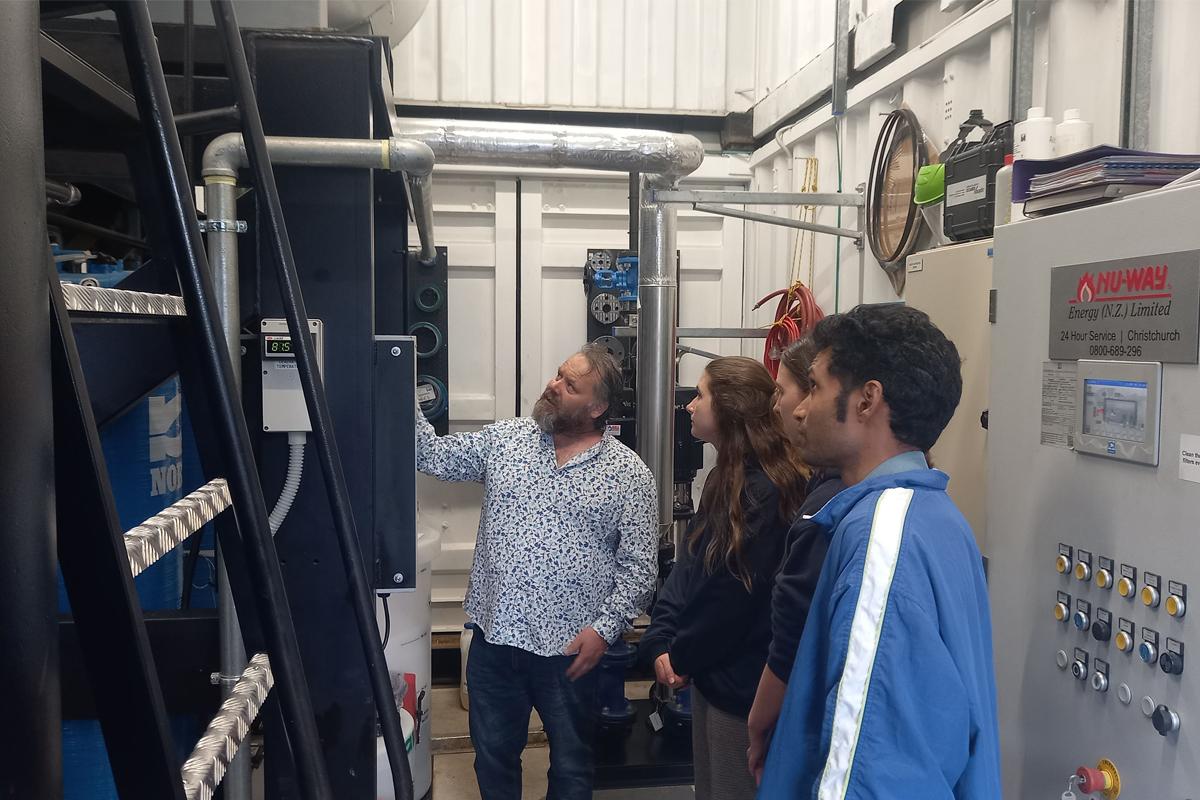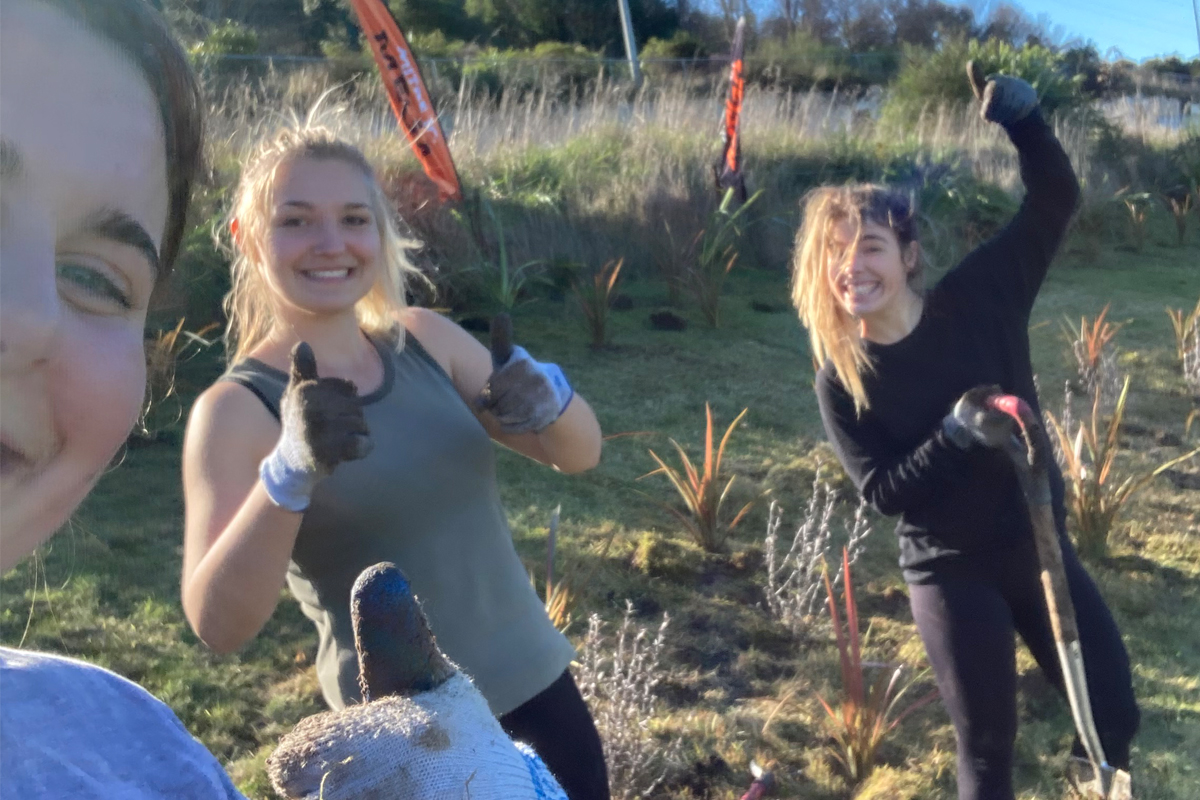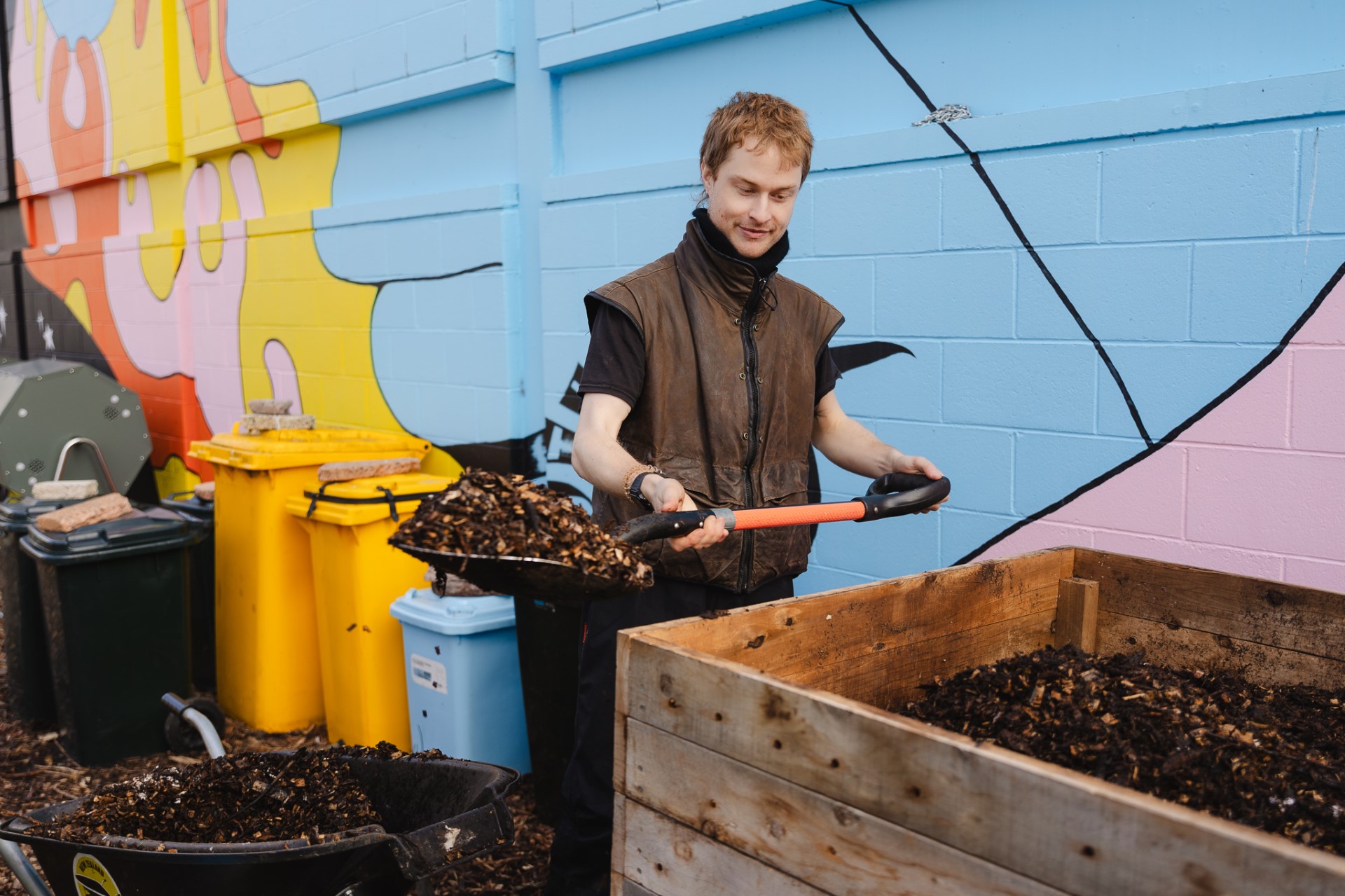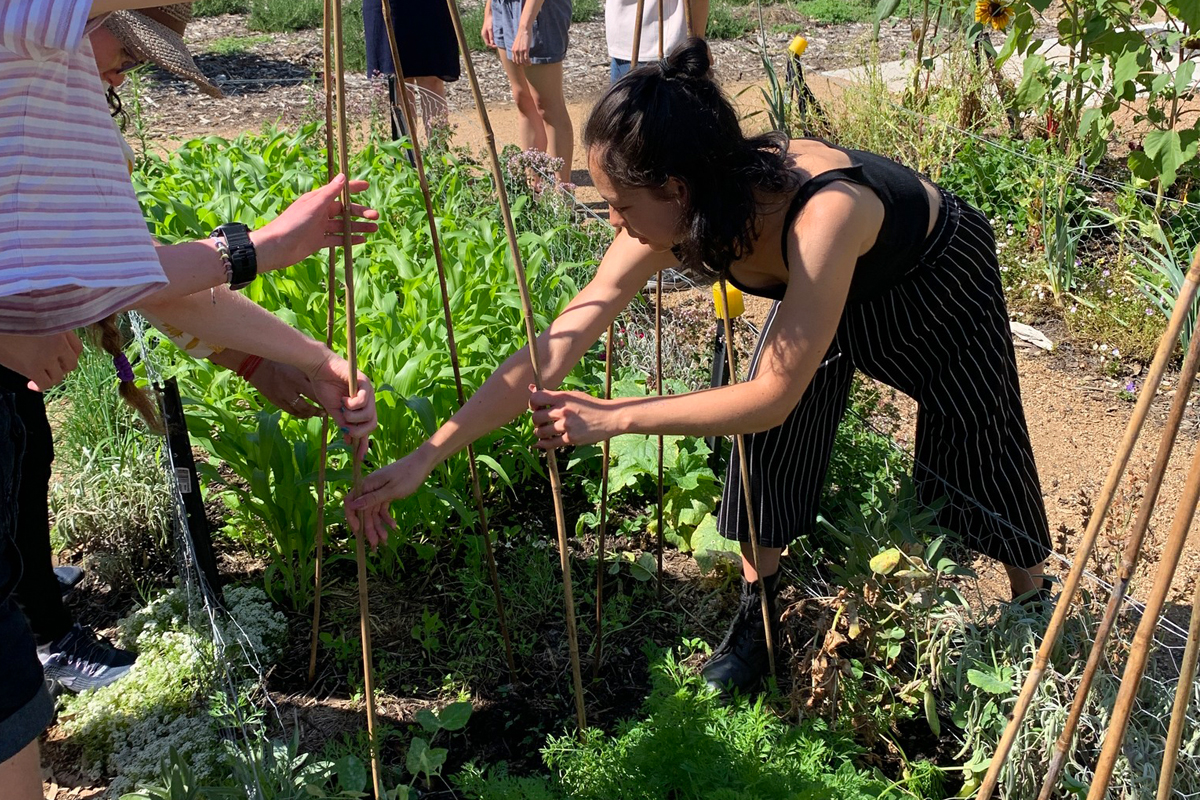Sustainability Champion – Staff/Winners category
I believe I deserve to win the Green Gown Award because of my steadfast dedication and the tangible impact of my sustainability efforts. I didn’t embark on these initiatives seeking recognition; rather, I genuinely care about our planet and have consistently put in significant effort, often beyond my regular work hours, to make a difference. I am thankful to my manager, who last year expressed gratitude for my work in this area and rewarded my efforts in the form of a monetary bonus, but winning this award would not only provide well-deserved recognition but also amplify the message of sustainability and encourage others to take action. It would validate the importance of individual contributions and the power of collective effort in building a greener future.
Throughout my journey in environmental sustainability, I have spearheaded numerous initiatives that have made a tangible impact. The ‘6 in 6’ campaign, conducted over six months, focused on raising awareness, providing education, fostering engagement, and promoting the adoption of sustainable habits. I designed the campaign to work for my college (the School of Veterinary Sciences – SoVS) and oversaw the campaign; making posters, sending out regular tips, and speaking at school forums. But this program could easily be replicated to suit other university departments and veterinary clinics. The six things we focused on were: saving energy, recycling, composting, bringing a plant to work, reducing single-use coffee cups, and changing your work commute to be more sustainable (e.g. biking).
Additionally the implementation of organic waste bins since 2019, at a cost of $6 per bin per week, aimed to address the significant issue of over 122,000 tonnes of organic waste produced annually in New Zealand. Due to these bins, we are able to divert more than 1000kg of organic waste from landfill each year (approximately 317kg CO2-e/year). This initiative paved the way for other departments to adopt similar strategies as it served as a case study for the central university sustainability office to begin rolling out organic bins in other areas.
I coordinated an energy audit in 2020, offering valuable work experience to post-graduate students while identifying erroneous energy use within the school’s buildings and reducing energy consumption. Four students worked on the project for a total of 351 hours, costing the SoVS $6,669. As a university, we do not have a power bill or meter (we pay “space-charges” to the central university) so it is hard to quantify the savings gained by this audit. But one example is that by investigating surgery theatre use in the teaching clinic we were able to adjust the ventilation settings which equated to saving five houses-worth of energy each year.
A waste audit was organised for this year by the university’s sustainability office. However, it excluded biohazard waste in the teaching clinic (due to safety reasons) and I believed that including this in the audit would provide essential insights to guide waste reduction strategies. So I convinced the CEO of the waste audit company to spend half a day auditing all of the biowaste with me. This cost an additional $400 but provided data which is allowing me to target my efforts. For example, we identified that 6% of biowaste comprised mop heads and have since switched to reusable mop heads and are looking into steam mops for the surgical theatres. 14% of the biowaste sampled was single-use incontinence sheets; we now have reusable ones. The method we used could be employed by other veterinary clinics, and I have shared this through social media and this year’s conference presentation.
My commitment extends beyond my immediate work environment working as an anaesthetic nurse. Conference talks that I have delivered since 2022, have provided industry education and awareness. I talk to my peers about how to start an eco-group in their workplace, and give them some tips on how to get started, incorporating circular economy practices. Leveraging social media platforms, including the SustainaVet Instagram and Facebook page, as well as participation in a VetStaff podcast (Paws, Claws, & Wet Noses), I have focused on inspiring others through educational posts and stories, extending the reach of my efforts nationwide. I was asked to contribute to two VetScript magazine articles on the subject of environmental sustainability and what we are doing at Massey University. I have also been educating veterinary students through a sustainability lecture in their final year, ensuring they are equipped to make systemic changes across the country. This is mostly done outside of my normal working hours and at my own expense.
The transition to paperless software this year, at a cost of $500,000, aimed to conserve resources and reduce environmental impact. We have saved an estimated 700kg on paper per year since going paperless.
What sets my actions apart is the combination of small-scale changes and larger projects, resulting in a comprehensive approach. The introduction of a soft plastics and pen recycling bin through Terracycle has further reinforced client education, improved business optics, and contributed to waste reduction efforts. Clients can now bring their pet food packaging into the teaching clinic to be recycled. In our first year we recycled over 70kg of pet food packaging and ranked number 6 out of all participating clinics. Other ongoing efforts include discontinuing the unnecessary use of newspaper in cages and litter trays, compostable item adoption (such as poop bags and water cooler cups), and replacing plastic items with more sustainable ones (such as bamboo cloths and dish brushes in break rooms). Every few months I drive a box of old batteries to the recyclers and have recycled more than 75kg of batteries each year since 2019, which would have otherwise gone to landfill. I suggested to all line managers last year that sustainability be a regular agenda item at each meeting so that we may have an open dialogue with all staff.
Additionally, my research on responsible cat waste disposal seeks to mitigate the negative effects of toxoplasma on New Zealand wildlife. The impacts of toxoplasma on the New Zealand Sea Lion and Green-Lipped Mussells due to inappropriate disposal of cat waste has been documented. Bokashi kindly donated some products so that I could determine whether fermentation is effective to kill toxoplasma during composting of cat waste. And by continually exploring new initiatives, such as reusable instrument kits in surgery, I strive for continuous improvement.

Impact and benefits
I have consistently striven to implement practical and impactful solutions. Using the examples above I have summarised the impacts and benefits of these initiatives below:
- The 6 in 6 campaign raised awareness and fostered a culture of sustainability among staff and final year veterinary students working in the teaching clinic, leading to long-lasting positive habits. Benefits include improved environmental consciousness and personal responsibility, contributing to a greener workplace and a more sustainable mindset among individuals.
- The organic waste bins enables us to divert >1000kg of green waste from the landfills every year. The benefits of this include reduced greenhouse gas emissions associated with organic waste decomposition, contributing to climate change mitigation. They have also helped influence other university departments to adopt green waste disposal and inspired broader waste minimisation strategies across the university. This is an example of a circular economy as our green waste is used to produce energy in an anaerobic digester.
- The energy audit was of benefit to the post-graduate students who carried out the audit, empowering them with practical research skills and knowledge, and it led to the implementation of energy-saving measures within our buildings. The reduced energy consumption will result in cost savings and reduced environmental impact. A benefit has also been improved comfort and efficiency in buildings through sensor lights, changing ventilation settings, and adjustment of existing sensor timing (for example one building had sensor lights installed but they had not been activated, so the lights stayed on overnight unnecessarily; now they turn off after dark).
- An unexpected outcome of the waste audit was the identification of opportunities to increase organic waste disposal upwards of 15,000kg of organic waste (approximately 3000kg CO2-e/year) The audit helped reveal opportunities for improved waste segregation which will likely result in cost savings as well as enhanced environmental stewardship. For example, the audit found a proportion of non-bio-waste in the bio-waste bins, so by reducing this contamination we will save money on expensive bio-waste disposal and divert waste into more appropriate streams. It has helped us to identify that more education is needed for bin users around bio-waste.
- In my role as sustainability champion, I have actively engaged and sought to inspire others both inside and outside of Massey University School of Veterinary Science. Conference talks, social media, and podcasts allow me to influence a wide audience across the country, spreading knowledge and inspiring action. The benefits are numerous and include raised awareness, expanded sustainability dialogue, and empowering individuals to make sustainable choices. The final year vet student lectures allows me to equip >100 future veterinary professionals with sustainability insights every year.
- The transition to paperless software has saved an estimated 700kg of paper per year. Benefits include the conservation of natural resources, reduced waste generation, and minimisation of the carbon footprint associated with paper production and disposal – as well as paper and stationery cost savings for Massey University.
- The Royal Canin soft plastics recycling bin has allowed us to influence and engage with another population: our vet clinic clients. The benefits include diverting waste from landfills, promoting a circular economy, and raising awareness among clients about the importance of waste reduction and recycling.
- My cat waste disposal research has the potential to revolutionise cat waste disposal practices, protecting biodiversity and preserving the health of native wildlife as well as human health. The impact on New Zealand wildlife would be enormous and it could allow us to better mitigate toxoplasma-related health issues through responsible disposal methods.
Through my dedicated efforts in environmental sustainability, I have noticed benefits within Massey’s School of Veterinary Sciences and beyond. My initiatives have resonated with my colleagues, the School of Veterinary Science, the students, clients, and the broader workforce, fostering a culture of sustainability and inspiring positive change.
Leadership and engagement
The distinctive nature of my actions lies in the integration of sustainability principles and circular economy practices into the everyday activities of Massey University’s School of Veterinary Sciences. By raising awareness and fostering a culture of sustainability among staff, students, and clients, I am able to support our college’s mission and vision.
By integrating environmental sustainability into veterinary education and through my research into cat waste I am aligning with our mission “advancing animal and human wellbeing, and environmental sustainability, through veterinary education and research for New Zealand and the world” and our purpose “promoting an environment that supports the education and development of our people to become world-class veterinary professionals, educators, researchers, and global citizens”.
By actively engaging with stakeholders including colleagues, students, and clients, to disseminate knowledge, inspire action, and encourage participation in sustainable practices, I have aligned with my institution’s values which promote community, inclusion, innovation, and excellence. I have also demonstrated how sustainability practices can be integrated into everyday operations and decision-making processes. By sharing my successes through social media, conference talks, and collaboration within my college and Massey University as a whole I am encouraging replication of these sustainable practices.
All of my actions have contributed to the Massey School of Veterinary Science’s standing as a world-renowned veterinary school that prioritises environmental sustainability. My actions have not only had a positive impact within my institution but also the wider community, aligning with our vision of “being a veterinary school that everyone wants to be a part of”.
Wider societal impact
The impact of my actions extends beyond the boundaries of Massey University School of Veterinary Sciences and contributes to the betterment of society as a whole. Through my sustainability initiatives, research, and engagement activities, I have had a tangible and positive influence on the wider society in the following ways:
- Environmental stewardship: The measurable outcomes, such as diverting significant amounts of organic waste from landfills, reducing paper consumption, and promoting responsible waste disposal, demonstrate the direct environmental impact of my efforts.
- Public awareness and education through conference talks and social media platforms.
- Industry influence and replication: My research and initiatives have the potential to influence other related sectors. For example, my cat waste research has the potential to revolutionise cat waste management practices, protecting biodiversity and public health.
- Collaboration within my institution (colleagues and students), the profession as a whole (through social media, conferences, and work with SustainaVet), and the general public (clinic clients, social media).
- Sustainable mindset and behavioural changes: Perhaps one of the most significant legacies of my work is the cultivation of a sustainable mindset and behaviour changes among individuals I have influenced. By inspiring others and fostering a culture of sustainability I hope I have created a ripple effect that extends beyond my direct sphere of influence.
Related finalists
Climate Action/Winners
Climate Action/Winners
Benefitting Society/Winners
Benefitting Society/Winners
Sustainability Champion – Student/Winners
Sustainability Champion – Student/Winners
Creating Impact/Winners
Creating Impact/Winners
Sustainability Champion – Staff
Sustainability Champion – Staff
Sustainability Champion – Staff
Sustainability Champion – Staff
Creating Impact/Winners
Creating Impact/Winners
Leading the Circular Economy/Winners
Leading the Circular Economy/Winners
Sustainability Champion – Student/Winners
Sustainability Champion – Student/Winners
Creating Impact/Winners
Creating Impact/Winners
Diversity, Equity & Inclusion in Sustainability/Winners
Diversity, Equity & Inclusion in Sustainability/Winners
Next Generation Learning & Skills/Winners
Next Generation Learning & Skills/Winners
Sustainability Institution of the Year/Winners
Sustainability Institution of the Year/Winners
Leading the Circular Economy/Winners
Leading the Circular Economy/Winners
Sustainability Champion – Staff/Winners
Sustainability Champion – Staff/Winners
Next Generation Learning & Skills/Winners
Next Generation Learning & Skills/Winners
Sustainability Champion – Student/Winners
Sustainability Champion – Student/Winners
Sustainability Champion – Staff
Sustainability Champion – Staff
Next Generation Learning & Skills/Winners
Next Generation Learning & Skills/Winners
Sustainability Champion – Staff/Winners
Sustainability Champion – Staff/Winners
Student Engagement/Winners
Student Engagement/Winners
Other finalists
Climate Action
Climate Action
Sustainability Champion – Staff/Winners
Sustainability Champion – Staff/Winners
Student Engagement
Student Engagement
Creating Impact
Creating Impact
Sustainability Champion – Staff/Winners
Sustainability Champion – Staff/Winners
Sustainability Champion – Student
Sustainability Champion – Student
I believe I deserve to win the Green Gown Award because of my steadfast dedication and the tangible impact of my sustainability efforts. I didn’t embark on these initiatives seeking recognition; rather, I genuinely care about our planet and have consistently put in significant effort, often beyond my regular work hours, to make a difference. I am thankful to my manager, who last year expressed gratitude for my work in this area and rewarded my efforts in the form of a monetary bonus, but winning this award would not only provide well-deserved recognition but also amplify the message of sustainability and encourage others to take action. It would validate the importance of individual contributions and the power of collective effort in building a greener future.
Throughout my journey in environmental sustainability, I have spearheaded numerous initiatives that have made a tangible impact. The ‘6 in 6’ campaign, conducted over six months, focused on raising awareness, providing education, fostering engagement, and promoting the adoption of sustainable habits. I designed the campaign to work for my college (the School of Veterinary Sciences – SoVS) and oversaw the campaign; making posters, sending out regular tips, and speaking at school forums. But this program could easily be replicated to suit other university departments and veterinary clinics. The six things we focused on were: saving energy, recycling, composting, bringing a plant to work, reducing single-use coffee cups, and changing your work commute to be more sustainable (e.g. biking).
Additionally the implementation of organic waste bins since 2019, at a cost of $6 per bin per week, aimed to address the significant issue of over 122,000 tonnes of organic waste produced annually in New Zealand. Due to these bins, we are able to divert more than 1000kg of organic waste from landfill each year (approximately 317kg CO2-e/year). This initiative paved the way for other departments to adopt similar strategies as it served as a case study for the central university sustainability office to begin rolling out organic bins in other areas.
I coordinated an energy audit in 2020, offering valuable work experience to post-graduate students while identifying erroneous energy use within the school’s buildings and reducing energy consumption. Four students worked on the project for a total of 351 hours, costing the SoVS $6,669. As a university, we do not have a power bill or meter (we pay “space-charges” to the central university) so it is hard to quantify the savings gained by this audit. But one example is that by investigating surgery theatre use in the teaching clinic we were able to adjust the ventilation settings which equated to saving five houses-worth of energy each year.
A waste audit was organised for this year by the university’s sustainability office. However, it excluded biohazard waste in the teaching clinic (due to safety reasons) and I believed that including this in the audit would provide essential insights to guide waste reduction strategies. So I convinced the CEO of the waste audit company to spend half a day auditing all of the biowaste with me. This cost an additional $400 but provided data which is allowing me to target my efforts. For example, we identified that 6% of biowaste comprised mop heads and have since switched to reusable mop heads and are looking into steam mops for the surgical theatres. 14% of the biowaste sampled was single-use incontinence sheets; we now have reusable ones. The method we used could be employed by other veterinary clinics, and I have shared this through social media and this year’s conference presentation.
My commitment extends beyond my immediate work environment working as an anaesthetic nurse. Conference talks that I have delivered since 2022, have provided industry education and awareness. I talk to my peers about how to start an eco-group in their workplace, and give them some tips on how to get started, incorporating circular economy practices. Leveraging social media platforms, including the SustainaVet Instagram and Facebook page, as well as participation in a VetStaff podcast (Paws, Claws, & Wet Noses), I have focused on inspiring others through educational posts and stories, extending the reach of my efforts nationwide. I was asked to contribute to two VetScript magazine articles on the subject of environmental sustainability and what we are doing at Massey University. I have also been educating veterinary students through a sustainability lecture in their final year, ensuring they are equipped to make systemic changes across the country. This is mostly done outside of my normal working hours and at my own expense.
The transition to paperless software this year, at a cost of $500,000, aimed to conserve resources and reduce environmental impact. We have saved an estimated 700kg on paper per year since going paperless.
What sets my actions apart is the combination of small-scale changes and larger projects, resulting in a comprehensive approach. The introduction of a soft plastics and pen recycling bin through Terracycle has further reinforced client education, improved business optics, and contributed to waste reduction efforts. Clients can now bring their pet food packaging into the teaching clinic to be recycled. In our first year we recycled over 70kg of pet food packaging and ranked number 6 out of all participating clinics. Other ongoing efforts include discontinuing the unnecessary use of newspaper in cages and litter trays, compostable item adoption (such as poop bags and water cooler cups), and replacing plastic items with more sustainable ones (such as bamboo cloths and dish brushes in break rooms). Every few months I drive a box of old batteries to the recyclers and have recycled more than 75kg of batteries each year since 2019, which would have otherwise gone to landfill. I suggested to all line managers last year that sustainability be a regular agenda item at each meeting so that we may have an open dialogue with all staff.
Additionally, my research on responsible cat waste disposal seeks to mitigate the negative effects of toxoplasma on New Zealand wildlife. The impacts of toxoplasma on the New Zealand Sea Lion and Green-Lipped Mussells due to inappropriate disposal of cat waste has been documented. Bokashi kindly donated some products so that I could determine whether fermentation is effective to kill toxoplasma during composting of cat waste. And by continually exploring new initiatives, such as reusable instrument kits in surgery, I strive for continuous improvement.

Impact and benefits
I have consistently striven to implement practical and impactful solutions. Using the examples above I have summarised the impacts and benefits of these initiatives below:
- The 6 in 6 campaign raised awareness and fostered a culture of sustainability among staff and final year veterinary students working in the teaching clinic, leading to long-lasting positive habits. Benefits include improved environmental consciousness and personal responsibility, contributing to a greener workplace and a more sustainable mindset among individuals.
- The organic waste bins enables us to divert >1000kg of green waste from the landfills every year. The benefits of this include reduced greenhouse gas emissions associated with organic waste decomposition, contributing to climate change mitigation. They have also helped influence other university departments to adopt green waste disposal and inspired broader waste minimisation strategies across the university. This is an example of a circular economy as our green waste is used to produce energy in an anaerobic digester.
- The energy audit was of benefit to the post-graduate students who carried out the audit, empowering them with practical research skills and knowledge, and it led to the implementation of energy-saving measures within our buildings. The reduced energy consumption will result in cost savings and reduced environmental impact. A benefit has also been improved comfort and efficiency in buildings through sensor lights, changing ventilation settings, and adjustment of existing sensor timing (for example one building had sensor lights installed but they had not been activated, so the lights stayed on overnight unnecessarily; now they turn off after dark).
- An unexpected outcome of the waste audit was the identification of opportunities to increase organic waste disposal upwards of 15,000kg of organic waste (approximately 3000kg CO2-e/year) The audit helped reveal opportunities for improved waste segregation which will likely result in cost savings as well as enhanced environmental stewardship. For example, the audit found a proportion of non-bio-waste in the bio-waste bins, so by reducing this contamination we will save money on expensive bio-waste disposal and divert waste into more appropriate streams. It has helped us to identify that more education is needed for bin users around bio-waste.
- In my role as sustainability champion, I have actively engaged and sought to inspire others both inside and outside of Massey University School of Veterinary Science. Conference talks, social media, and podcasts allow me to influence a wide audience across the country, spreading knowledge and inspiring action. The benefits are numerous and include raised awareness, expanded sustainability dialogue, and empowering individuals to make sustainable choices. The final year vet student lectures allows me to equip >100 future veterinary professionals with sustainability insights every year.
- The transition to paperless software has saved an estimated 700kg of paper per year. Benefits include the conservation of natural resources, reduced waste generation, and minimisation of the carbon footprint associated with paper production and disposal – as well as paper and stationery cost savings for Massey University.
- The Royal Canin soft plastics recycling bin has allowed us to influence and engage with another population: our vet clinic clients. The benefits include diverting waste from landfills, promoting a circular economy, and raising awareness among clients about the importance of waste reduction and recycling.
- My cat waste disposal research has the potential to revolutionise cat waste disposal practices, protecting biodiversity and preserving the health of native wildlife as well as human health. The impact on New Zealand wildlife would be enormous and it could allow us to better mitigate toxoplasma-related health issues through responsible disposal methods.
Through my dedicated efforts in environmental sustainability, I have noticed benefits within Massey’s School of Veterinary Sciences and beyond. My initiatives have resonated with my colleagues, the School of Veterinary Science, the students, clients, and the broader workforce, fostering a culture of sustainability and inspiring positive change.
Leadership and engagement
The distinctive nature of my actions lies in the integration of sustainability principles and circular economy practices into the everyday activities of Massey University’s School of Veterinary Sciences. By raising awareness and fostering a culture of sustainability among staff, students, and clients, I am able to support our college’s mission and vision.
By integrating environmental sustainability into veterinary education and through my research into cat waste I am aligning with our mission “advancing animal and human wellbeing, and environmental sustainability, through veterinary education and research for New Zealand and the world” and our purpose “promoting an environment that supports the education and development of our people to become world-class veterinary professionals, educators, researchers, and global citizens”.
By actively engaging with stakeholders including colleagues, students, and clients, to disseminate knowledge, inspire action, and encourage participation in sustainable practices, I have aligned with my institution’s values which promote community, inclusion, innovation, and excellence. I have also demonstrated how sustainability practices can be integrated into everyday operations and decision-making processes. By sharing my successes through social media, conference talks, and collaboration within my college and Massey University as a whole I am encouraging replication of these sustainable practices.
All of my actions have contributed to the Massey School of Veterinary Science’s standing as a world-renowned veterinary school that prioritises environmental sustainability. My actions have not only had a positive impact within my institution but also the wider community, aligning with our vision of “being a veterinary school that everyone wants to be a part of”.
Wider societal impact
The impact of my actions extends beyond the boundaries of Massey University School of Veterinary Sciences and contributes to the betterment of society as a whole. Through my sustainability initiatives, research, and engagement activities, I have had a tangible and positive influence on the wider society in the following ways:
- Environmental stewardship: The measurable outcomes, such as diverting significant amounts of organic waste from landfills, reducing paper consumption, and promoting responsible waste disposal, demonstrate the direct environmental impact of my efforts.
- Public awareness and education through conference talks and social media platforms.
- Industry influence and replication: My research and initiatives have the potential to influence other related sectors. For example, my cat waste research has the potential to revolutionise cat waste management practices, protecting biodiversity and public health.
- Collaboration within my institution (colleagues and students), the profession as a whole (through social media, conferences, and work with SustainaVet), and the general public (clinic clients, social media).
- Sustainable mindset and behavioural changes: Perhaps one of the most significant legacies of my work is the cultivation of a sustainable mindset and behaviour changes among individuals I have influenced. By inspiring others and fostering a culture of sustainability I hope I have created a ripple effect that extends beyond my direct sphere of influence.
Related finalists
Student Engagement/Winners
Student Engagement/Winners
Sustainability Champion – Staff/Winners
Sustainability Champion – Staff/Winners
Next Generation Learning & Skills/Winners
Next Generation Learning & Skills/Winners
Other finalists
Climate Action
Climate Action
Sustainability Champion – Staff/Winners
Sustainability Champion – Staff/Winners
Student Engagement
Student Engagement

